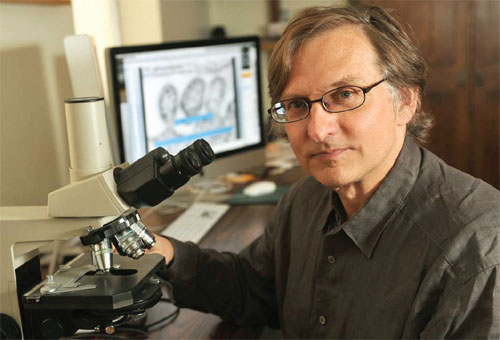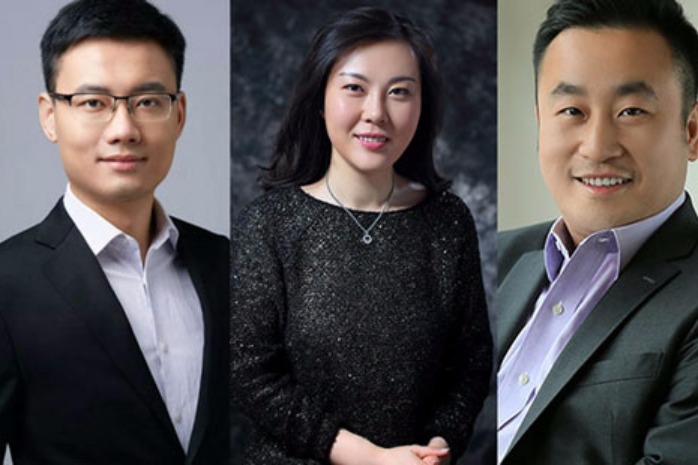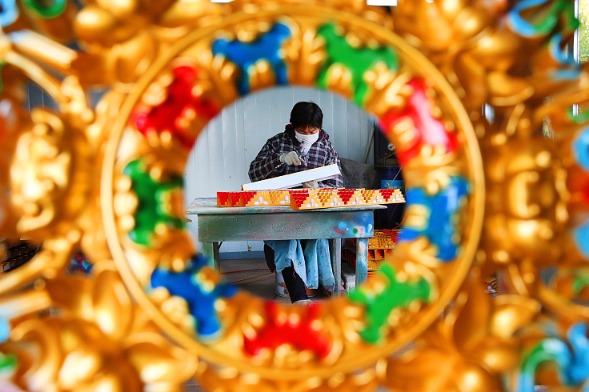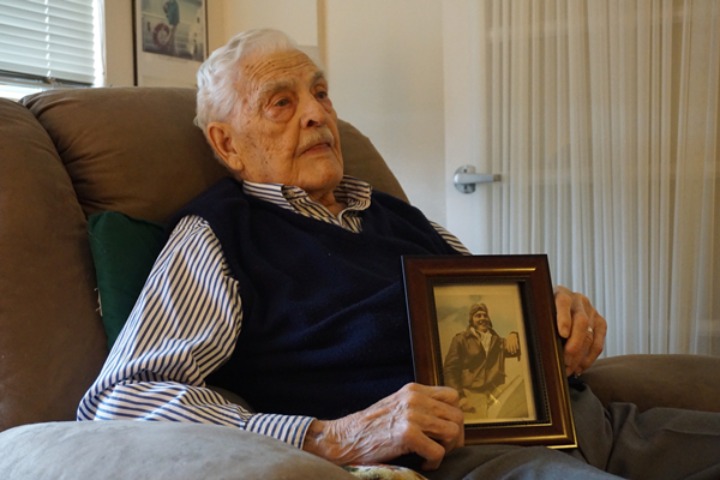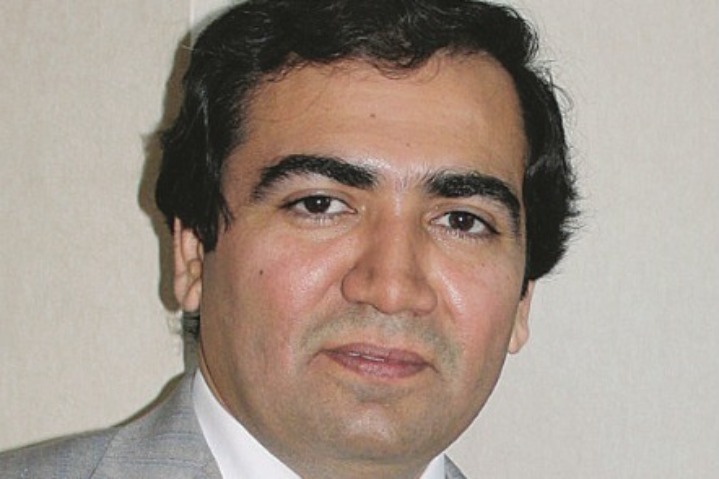Columbia professor honored
Physician gets China's top science award for work on SARS epidemic, health system
In 2003, while Asia was in the throes of the SARS epidemic, Dr W. Ian Lipkin, a professor of epidemiology at Columbia University's Mailman School of Public Health, left the United States for his first visit to China.
It was far from a sightseeing mission. Lipkin was heading out to help in the fight against the deadly SARS (Severe Acute Respiratory Syndrome) outbreak.
As an expert on diseases and how they spread, Lipkin was called on to help vet their plan of action to combat the epidemic, looking for holes in their strategy.
On Jan 8, Lipkin returned to China to receive the nation's highest honor awarded to a foreign scientist - the International Science and Technology Cooperation Award.
Lipkin, who is the director of the Center for Infection and Immunity at Columbia University's Mailman School of Public Health, received the award during a ceremony at the Great Hall of the People in Beijing, where he was honored alongside dozens of other domestic and foreign scientists for their achievements.
President Xi Jinping and Premier Li Keqiang presided over the awards ceremony.
Over the years, Lipkin has also helped China's officials develop the framework to give the country the necessary resources to detect and respond to emerging infectious threats by creating the Institut Pasteur in Shanghai, a new national Centers for Disease Control in Beijing and the Guangzhou Institute of Biomedicine and Health.
"My first trip to China was in the context of a request made, that I go there to help them address the challenge of SARS," Lipkin told China Daily. "The level of expertise and the resources within China for infectious diseases was insufficient to the task.
"As a result of the investments that have been made after SARS in 2003, China is now in a position where instead of requiring foreign people to come in and help them address their own outbreaks, they actually send people [out] to help, like with the Ebola outbreak," Lipkin added.
"They've moved from the point where they were dependent on others to a point where they can begin to give back to the community," he said.
Lipkin, who said he still travels to China at least twice a year, continues to consult with a number of government bodies, including the Ministry of Science and Technology, the Chinese Academy of Science and the Ministry of Health.
"There are many criticisms that people level against China for all sorts of issues," Lipkin said. "I view public health as a global challenge and a global need. China is giving this award not only in recognition of scientific achievement, but also in [recognition of] those individuals who have already invested in developing collaborative projects and training projects with investigators in China.
"I'm happy to say that China is stepping up to the plate and now has people that are capable of making contributions that are on par with what we can do," Lipkin added.
"Science is an increasingly global endeavor, and the free flow of information and resources is critical to promoting and realizing the promise of research and technology," he said.
The 2015 State Science and Technology Awards honored the contributions of 295 research projects and seven foreign experts, including scientists from Italy, Japan, the Netherlands and Sweden, as well as United States. Peter Stang, a chemist from the University of Utah, was the other US honoree.
Cheng Yingqi in Beijing and Xinhua contributed to this report.
jackfreifelder@chinadailyusa.com
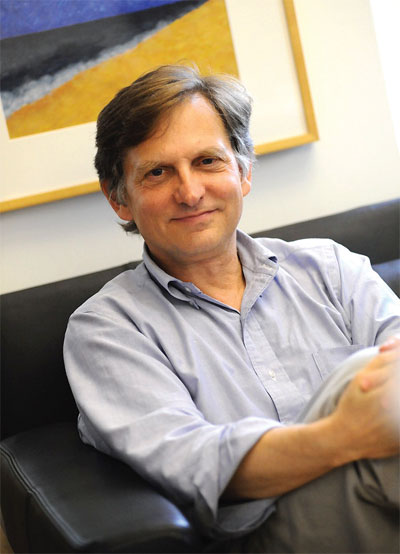
| W. Ian Lipkin, the John Snow Professor of epidemiology at Columbia University's Mailman School of Public Health in New York, received China's top honor for a foreign scientist - the International Science and Technology Cooperation Award - on Jan 8 at the Great Hall of the People in Beijing. Lipkin was honored for his work to help combat the 2003 outbreak of SARS (Severe Acute Respiratory Syndrome). He continues to consult with a number of government bodies, including the Ministry of Science and Technology, the Chinese Academy of Science, and the Ministry of Health. Photos provided to China Daily |







